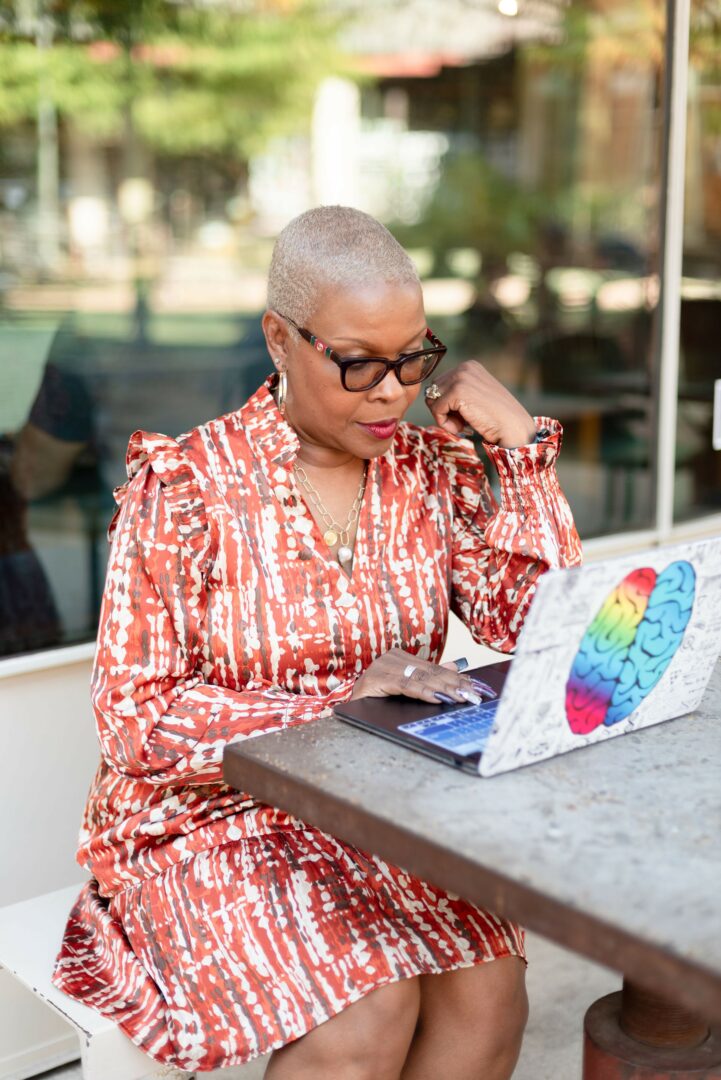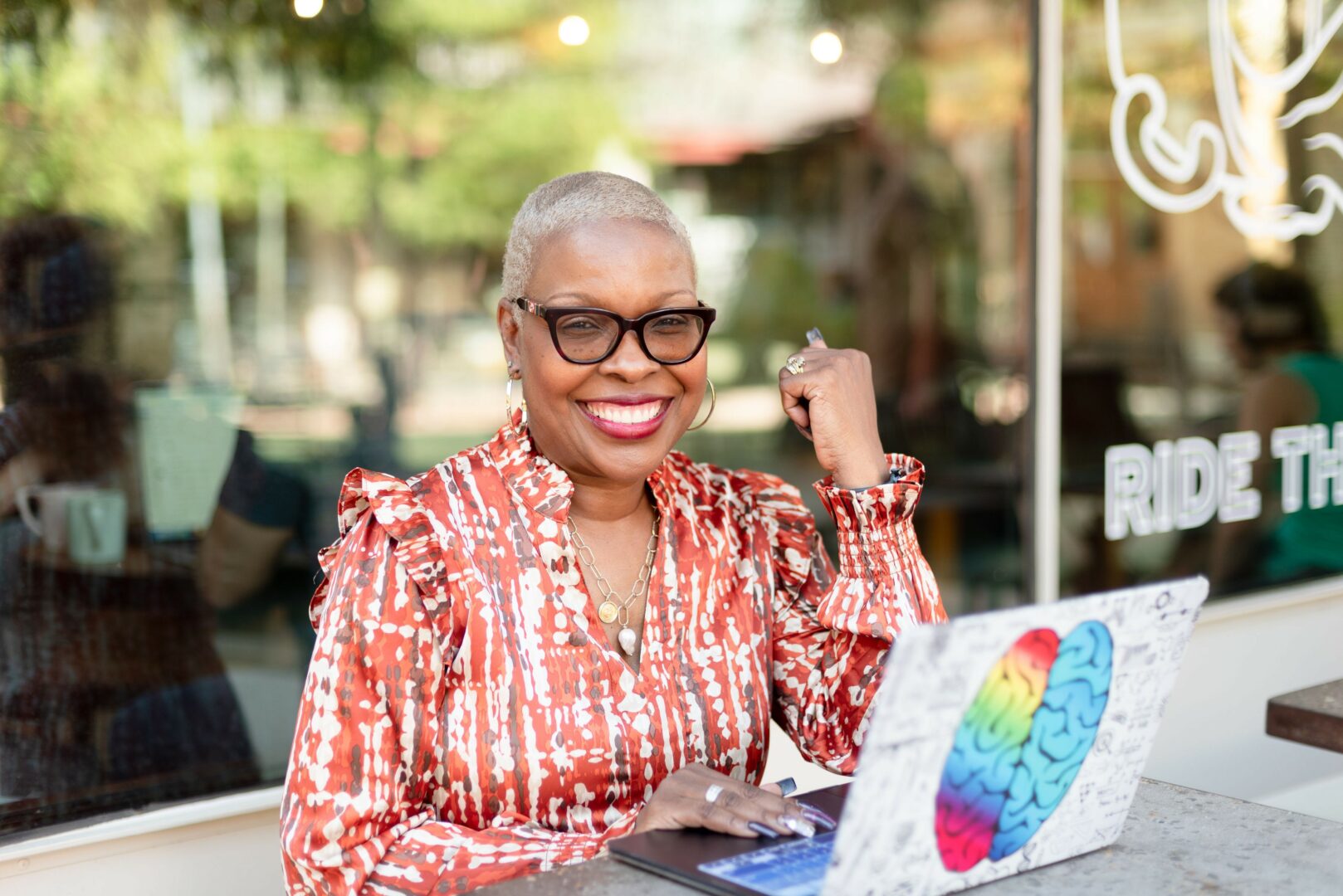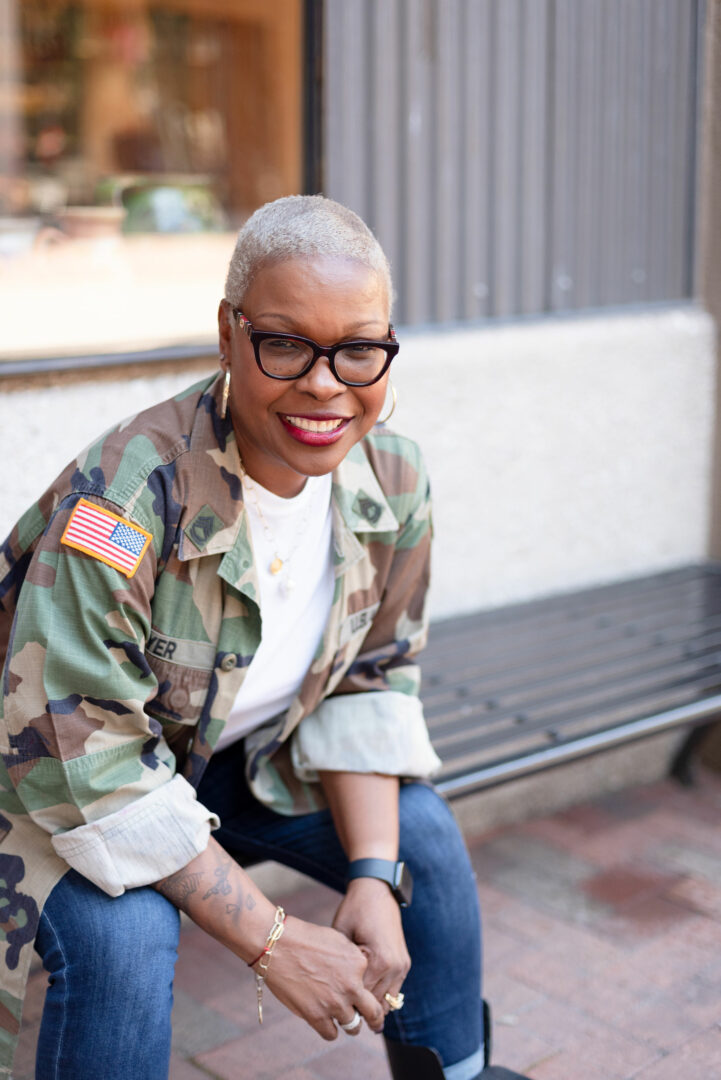We recently had the chance to connect with Franchette Dyer and have shared our conversation below.
Hi Franchette, thank you so much for taking time out of your busy day to share your story, experiences and insights with our readers. Let’s jump right in with an interesting one: Have you stood up for someone when it cost you something?
Yes, I once stood up for a co-worker who was being bullied by both another colleague and our manager while I was working at a government agency. I knew speaking up might cost me professionally, and it did—I eventually resigned from my position to focus on preparing my daughter for German daycare. What I didn’t realize at the time was how it would come full circle. About a year later, when I was reapplying to the government system, the same co-worker I had defended was the one who gave me a strong reference. I only learned this after I received my offer letter. That experience taught me that doing the right thing may feel costly in the moment, but it often pays off in ways you never expect.
Can you briefly introduce yourself and share what makes you or your brand unique?
I’m Franchette Dyer, the Founder of Vetech Business Services, LLC. My brand was built out of both personal and professional experiences navigating transition, resilience, and advocacy. At Vetech, we specialize in helping military families and professionals through career moves, life transitions, and organizational change—because I know firsthand how important it is to have the right support when everything around you is shifting. What makes us unique is our people-first approach: we don’t just provide services, we partner with families and individuals to create stability, opportunity, and confidence. Right now, I’m focused on expanding our programs so we can reach even more people who need guidance and encouragement as they move into their next chapter.
Appreciate your sharing that. Let’s talk about your life, growing up and some of topics and learnings around that. What breaks the bonds between people—and what restores them?
On a personal level, what breaks a bond for me is the loss of trust and loyalty. These are traits you either carry within you or you don’t. A person’s word still holds tremendous value, and when someone shows they can’t keep their word, the bond naturally weakens. It doesn’t necessarily make them a bad person, but it does mean that rebuilding the connection takes intentional effort. Restoration begins with authenticity—showing through consistent actions that trust can be earned again. It won’t happen overnight, but over time, sincerity and accountability can mend what was broken.
What did suffering teach you that success never could?
Suffering taught me grit and determination in a way success never could. When you have nothing, you realize you have everything to gain. I remember going to an interview while I was temping, even though I barely had the money to get there. Once I arrived, the interviewer admitted she had already chosen someone and was just going through the motions. Instead of getting angry, I became determined to show her why I was the right choice. By the end of the interview, she told me not to be nervous about the manager’s call—because she saw that I was the candidate they needed. That moment taught me never to let someone else’s assumptions define my future. Even when doors seem closed, suffering gives you the drive to push through and prove yourself.
So a lot of these questions go deep, but if you are open to it, we’ve got a few more questions that we’d love to get your take on. Whom do you admire for their character, not their power?
I admire my parents most, not for any power they held, but for the strength of their character. They taught me to love, to respect others, and to treat people the way I wanted to be treated. I remember growing up by the railroad tracks, where tramps and hobos would sometimes jump off the trains. One day, a man knocked on our door asking for food. My mother didn’t turn him away—she told him to wait by the tracks while she prepared a meal, and then she placed it outside for him to take. He was grateful, and I never forgot how natural it was for my parents to give without judgment. Those small, quiet acts of kindness shaped who I am and showed me that true character is lived out in everyday choices.
Thank you so much for all of your openness so far. Maybe we can close with a future oriented question. What is the story you hope people tell about you when you’re gone?
The story I hope people tell about me isn’t really about people in general—it’s about my family. I want them to always know that I loved them unconditionally and that my home was a safe place where they could be fully themselves. I’ve worked to create an environment where not only my family, but also friends and even their children, feel welcome and comfortable. At the end of the day, people may say many things, but what matters most is that my family truly knows who I was and how deeply I loved them.
Contact Info:
- Website: https://www.vetechbusiness.com
- Instagram: @franchette_dyer and @vetechbusiness
- Linkedin: franchette dyer
- Facebook: franchette dyer


Image Credits
I would like to thank Lauren Nygard for taking the pictures.
so if you or someone you know deserves recognition please let us know here.




